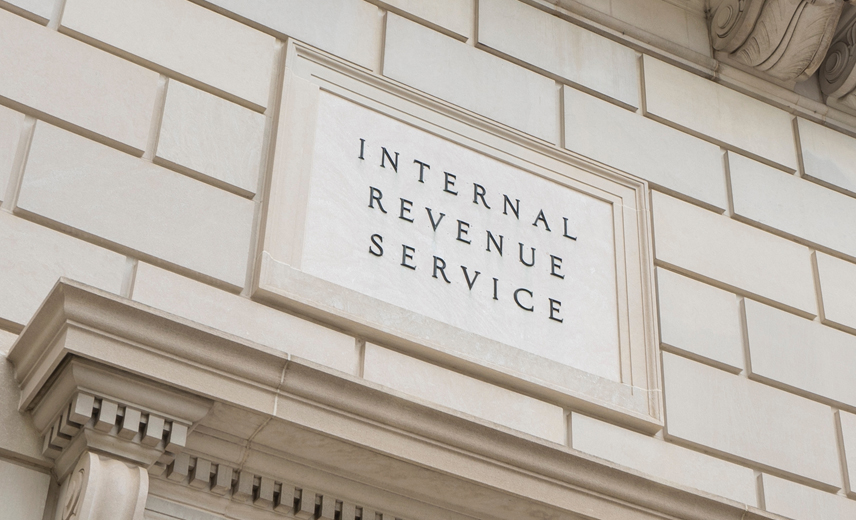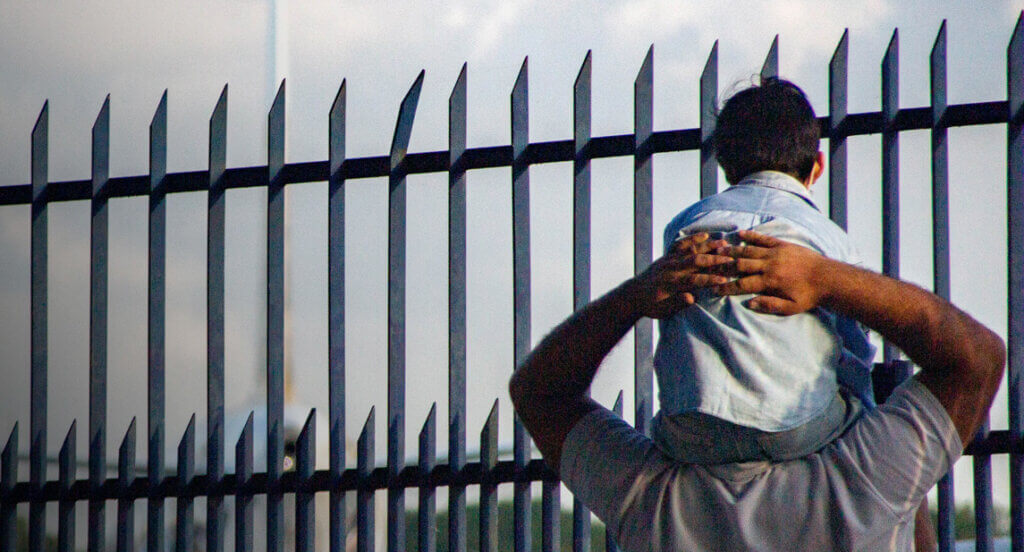Power of the People Makes a Difference
Laura Vazquez, UnidosUS Director of Immigrant Integration
In recent days, despite unprecedented challenges, communities across the country have rallied around their immigrant neighbors. These cases provide a roadmap for ways all of us can respond effectively to indiscriminate immigration enforcement actions that, as we pointed out at the beginning of the year, inevitably lead to widespread civil rights violations, harm to U.S. citizens and damage to our economy.
In Sackets Harbor, in upstate New York, a mom and three kids were “collateral arrests” in an immigration enforcement action in this small, close-knit community. The impact of the family’s detention was felt by community members, including the school superintendent and principal, who described, “we are in shared shock that has unified our community in calling for their release.” Following the raid, the superintendent explained a feeling throughout the community of “distress, fear for my students, and hopelessness. These kids are – they’re classmates, they’re good friends, they are wonderful students, and they are part of the fabric of our school community, and they need to be returned to their classrooms.” Local community members overcame that sense of hopelessness, and held a rally and New York Governor Kathy Hochul issued a statement calling for the family’s return to New York. Last week, their collective efforts bore fruit as the family is now back at home. Governor Hochul thanked Assemblyman Scott Gray and stated, “I cannot imagine the trauma these kids and their mom are feeling, and I pray they will be able to heal when they return home” and concluded “I will never support cruel actions that rip kids out of school or tear families apart.”
Keep up with the latest from UnidosUS
Sign up for the weekly UnidosUS Action Network newsletter delivered every Thursday.
Another example of community power happened in Chicago, where UnidosUS Affiliate, The Resurrection Project (TRP) celebrated their client José Gregorio González being temporarily released from ICE detention. José, came to the United States with the sole purpose of caring for and donating his kidney to his brother, but he was unexpectedly detained by ICE just weeks before the transplant process was to begin. His release, following a two-week public campaign, marks a powerful victory and allows him to resume his selfless effort to save his brother’s life. Knowing that his detention could have been a death sentence for his brother, TRP sprang into action to demand José’s release on humanitarian parole. Nearly 2,000 supporters signed a petition and community leaders, advocates and elected officials — including U.S. Senators, Representatives and State Representatives joined the call to action.
These cases are just the tip of the proverbial iceberg: the administration’s indiscriminate enforcement approach has snatched up U.S. citizens, lawful permanent residents and many others with some form of legal status. As homeland security experts have noted, this approach actually makes Americans less safe, because it diverts enforcement resources away from locating and apprehending violent criminals. Yet, “people power” has been effective in preventing unnecessary and harmful removals of immigrants with longstanding ties to their communities.
Many other UnidosUS Affiliates are proactively organizing community meetings that include leadership from social service organizations, school districts, hospitals and law enforcement to discuss the impacts of executive orders and coordinate responses. By convening community members, establishing rapid response leads and identifying gaps, they are preparing to respond when needed.
Given the administration’s “flood the zone” strategy, increasing immigration enforcement and threats to due process, these examples highlight how community power can overcome feelings of futility or hopelessness, and more importantly, produce concrete results.
Here are examples of actions people can take to keep families and communities intact:
- Speak out and share stories; public campaigns can make a difference.
- Appeal to American values and common sense; compassion and understanding that immigrants have families and friends and contribute to communities.
- Encourage local elected officials to be part of the community response so they become champions for policy solutions that keep families together.
- Donate to community-based immigration legal services organizations.



